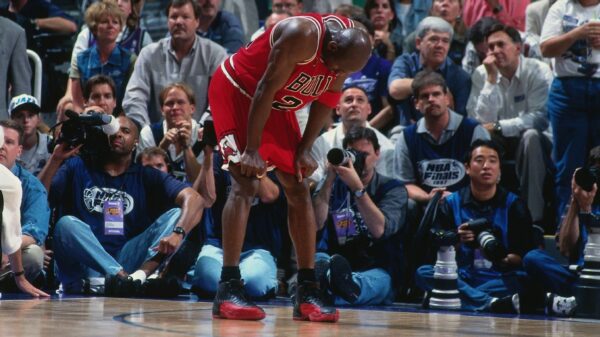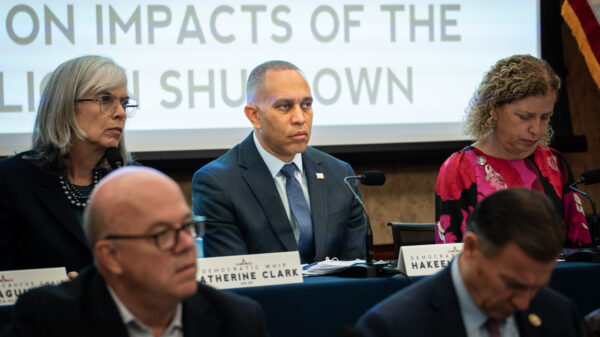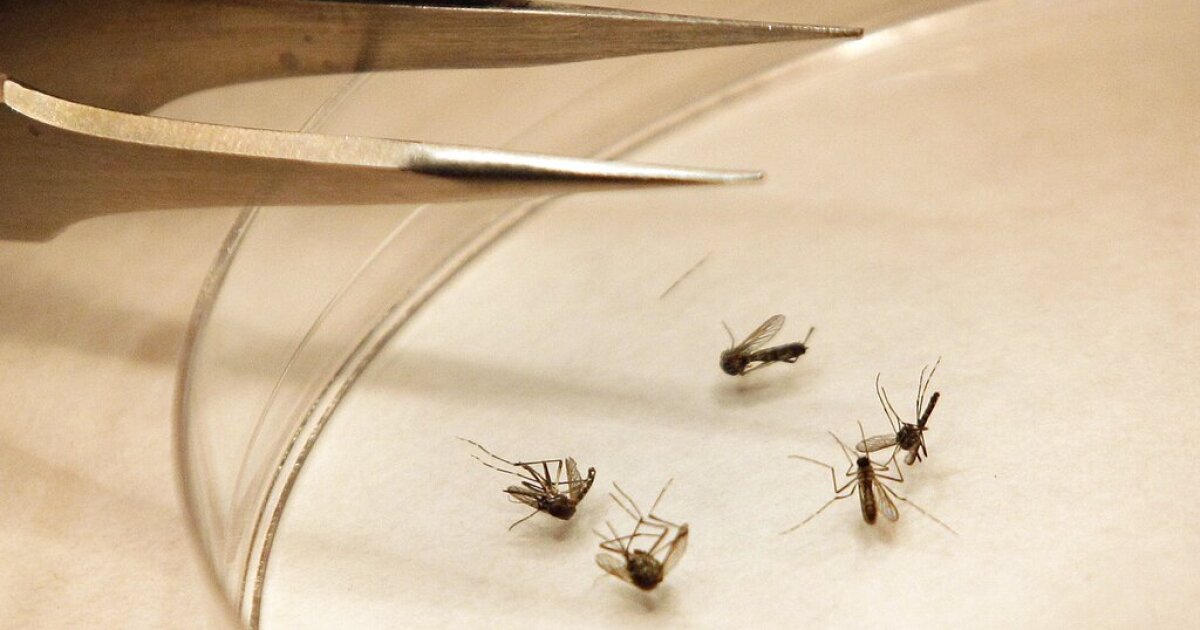A resident of South Nashville has tested positive for the West Nile virus, marking the first human case in the city in nearly two years. The confirmation came from Metro Nashville Public Health, which reported the case last week. Due to patient confidentiality, specific details about the individual are not available. This development has raised concerns among health officials, especially as the virus appears to be prevalent in the area.
Health officials have detected West Nile-positive mosquitoes in 27 out of 32 monitoring sites across Nashville. Every week, health teams collect samples from these locations to track the presence of the virus. This proactive approach aims to prevent further infections and educate the public about safety measures.
Understanding the Threat of West Nile Virus
Most individuals infected with the West Nile virus do not exhibit symptoms. However, some may experience mild symptoms that resemble those of a common cold. In rare instances, the virus can lead to severe illness or even death. Dr. Michael Peters, a representative from Metro Nashville Public Health, emphasized the potential seriousness of the virus, noting, “In rare cases, it can lead to death. That’s very uncommon but it can happen.”
Historically, the largest outbreak of West Nile virus in Middle Tennessee occurred in 2002, resulting in several fatalities, primarily in West Tennessee. Following that outbreak, Metro Nashville conducted widespread spraying in affected neighborhoods, a practice that has since been discontinued.
Preventive Measures and Community Outreach
In response to the recent case, Nashville officials are focusing on public education and community outreach. If West Nile virus is detected in local traps, health officials plan to inform residents directly, providing information on prevention strategies. “We’ll kind of directly hand out materials to homes in that area—let them know, this is what we found and this is what you can do to protect yourself,” Dr. Peters stated.
Residents are encouraged to take several preventive measures when spending time outdoors. Eliminating standing water on properties is crucial, as these areas serve as breeding grounds for mosquitoes. Additionally, using mosquito repellent containing DEET can provide effective protection against bites. Dr. Peters reassured the public that outdoor plans should not be canceled due to West Nile concerns, but he urged people to remain vigilant. “We want to reduce that threat as much as we can,” he said.
The mosquito threat will continue until the first freeze of the season arrives, which is expected to eliminate the insects. For individuals suspecting they may have contracted the virus, medical professionals can provide testing. Since West Nile is a viral infection, treatment primarily focuses on managing symptoms while the body recovers.
As Nashville faces this renewed threat, public awareness and individual action will play significant roles in controlling the spread of the West Nile virus.






































































